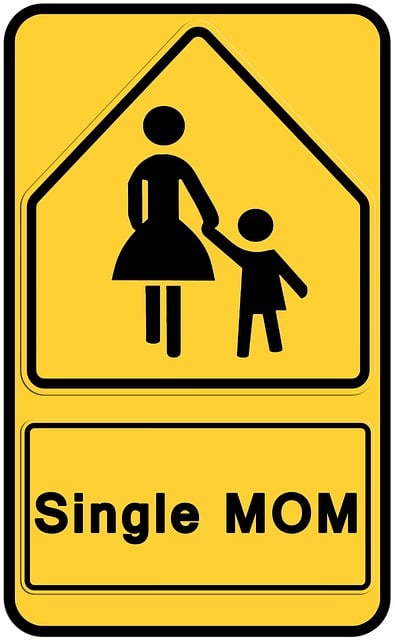Responsible gambling means setting healthy boundaries and prioritizing well-being while engaging in gaming activities. It involves budgeting gambling expenses, taking breaks, recognizing problem behaviors, and seeking help when needed. By maintaining a balanced lifestyle that includes family, work, education, and personal hobbies alongside gaming, individuals can ensure their gambling enriches life rather than depletes resources. Recognizing early signs of problem gambling is crucial for promoting responsible practices and accessing available resources.
Gambling can be a source of entertainment, but it’s crucial to embrace responsible gambling practices for a healthy gaming lifestyle. This article delves into three essential aspects of promoting well-being through responsible gambling: understanding the concept, recognizing signs of problem gambling, and exploring available support resources. By setting boundaries and prioritizing personal well-being, individuals can enjoy gaming without risks associated with excessive or problematic gambling behaviors.
- Understanding Responsible Gambling: Setting Boundaries and Prioritizing Well-being
- Recognizing When Help is Needed: Identifying Signs of Problem Gambling
- Exploring Support Resources: Where to Find Assistance for a Healthy Gaming Lifestyle
Understanding Responsible Gambling: Setting Boundaries and Prioritizing Well-being

Understanding responsible gambling involves setting clear boundaries and prioritizing well-being. It’s about recognizing that while gaming can be entertaining, it should never compromise personal health or financial stability. By establishing a budget for gambling expenses and sticking to it, individuals can ensure they engage in activities that enrich their lives rather than deplete their resources.
Prioritizing well-being means taking breaks from gambling when needed, learning to recognize signs of problematic behavior, and seeking help if issues arise. Responsible gambling is not just about winning or losing; it’s about maintaining a balanced lifestyle where gaming is one component among many, including family, work, education, and personal hobbies.
Recognizing When Help is Needed: Identifying Signs of Problem Gambling

Problem gambling can often go unnoticed, but there are distinct signs that indicate an individual might be struggling with this issue. Recognizing these signs early is crucial for seeking appropriate help and promoting responsible gambling practices. Some key indicators include a growing desire to gamble despite negative consequences, such as financial troubles or strained relationships. Those affected may also experience intense cravings for gambling, loss of control over their betting habits, and an increasing need to take risks.
Additionally, problem gamblers often display signs of depression, anxiety, or irritability when they are unable to engage in the activity. They might lie about or hide their gambling activities, avoid talking about it, or even borrow money for bets. If you or someone close to you exhibits several of these signs, it could be a call for help. Embracing open communication and exploring available resources dedicated to responsible gambling is a vital step towards overcoming such challenges.
Exploring Support Resources: Where to Find Assistance for a Healthy Gaming Lifestyle

Responsible gambling is about finding a healthy balance and knowing when to seek help. If you’re concerned about your gaming habits, there are numerous resources available to provide support and guidance. Many countries have dedicated organizations and hotlines specifically designed to assist individuals with gambling-related issues. These services offer confidential advice, counseling, and often connect you with local support groups. Online platforms and apps are also emerging as valuable tools for promoting responsible gaming, offering self-assessment tools and resources to help players understand their behavior.
Local communities play a vital role in fostering healthy gaming environments. Community centers, churches, or cultural hubs might host awareness programs or support groups where individuals can share experiences and learn from one another. Additionally, some gambling establishments themselves promote responsible gambling practices by providing clear guidelines, setting limits, and offering tools to help players monitor their spending. Exploring these support resources is a proactive step towards embracing a balanced and enjoyable gaming lifestyle.
Responsible gambling is key to enjoying gaming as a healthy hobby. By setting clear boundaries, prioritizing well-being, and recognizing signs of problem gambling early on, individuals can ensure a balanced approach. If help is needed, exploring support resources ensures access to assistance for a healthier gaming lifestyle. Remember, responsible gambling is about understanding your limits and making informed choices.






